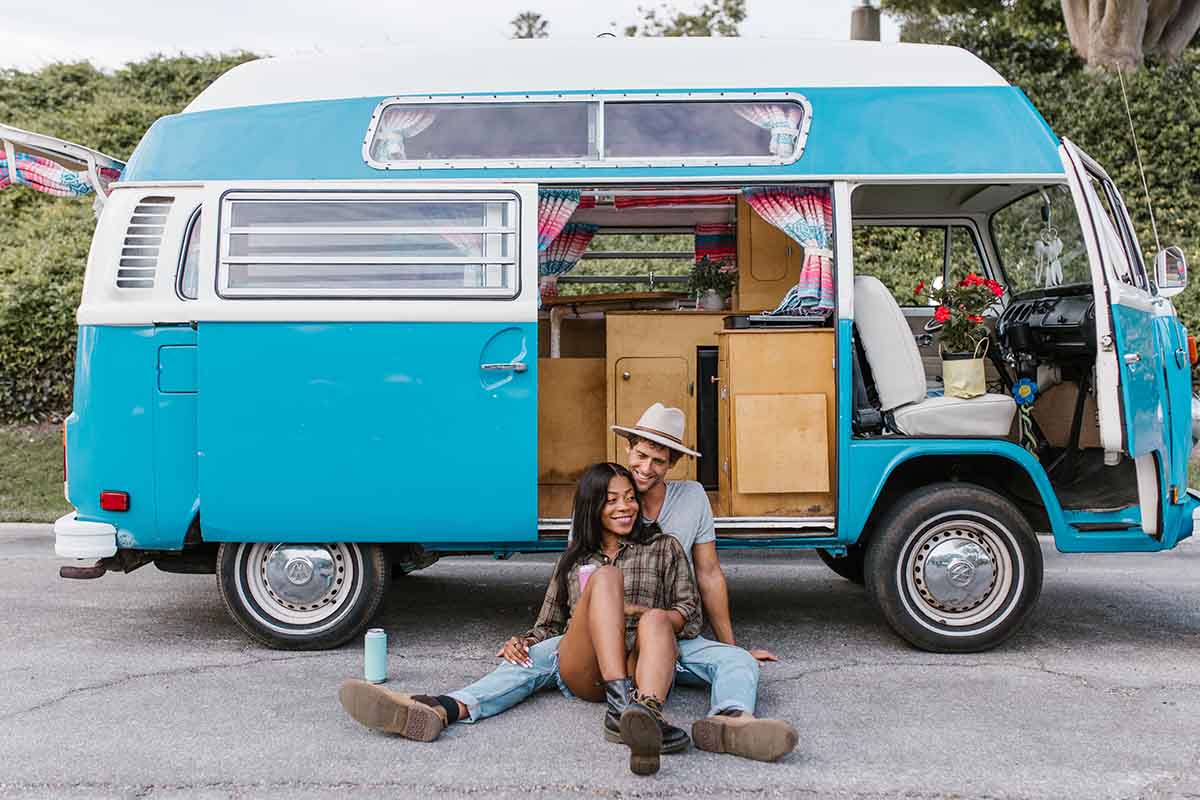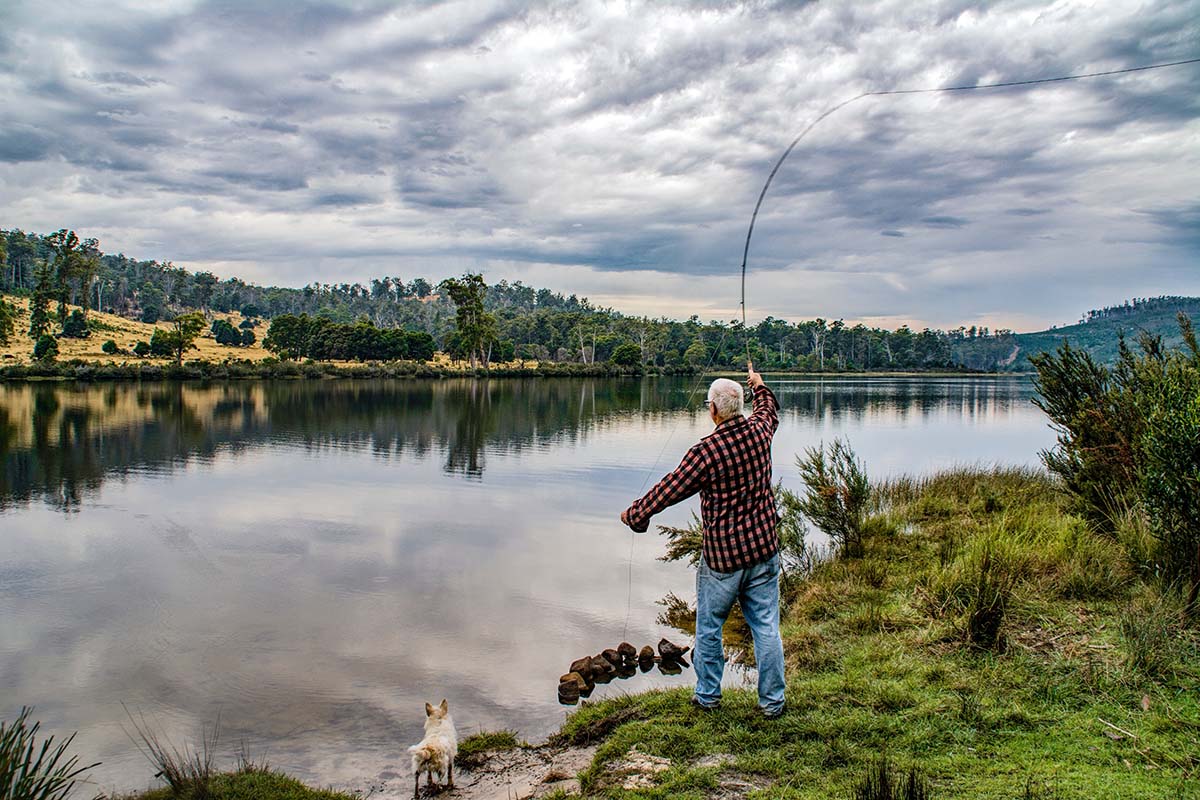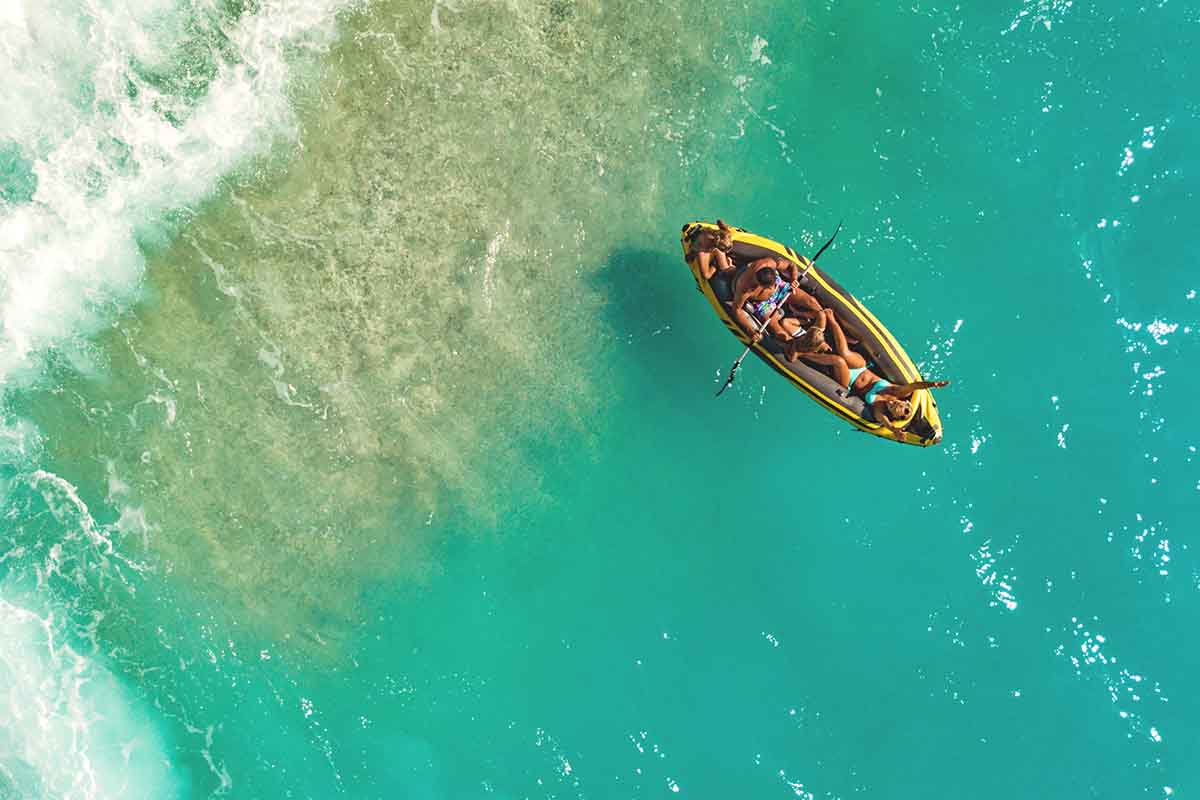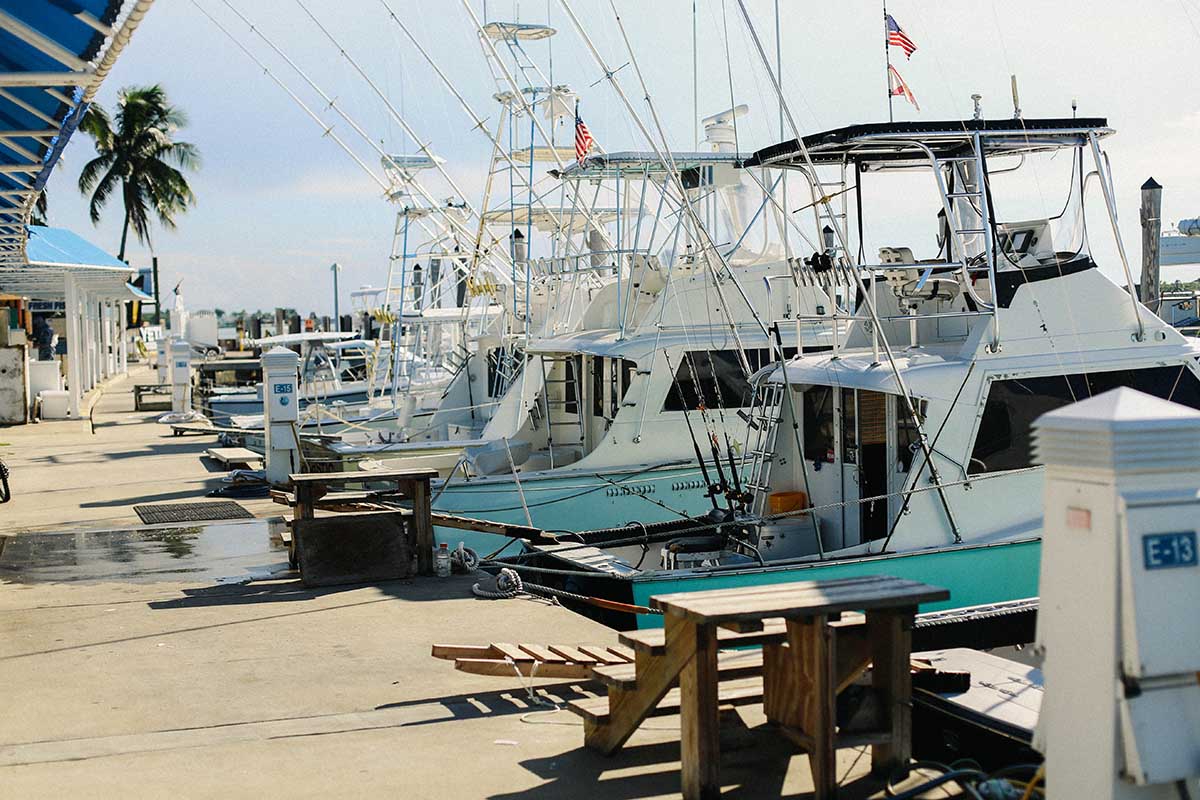Preferring Travel Trailer Than Vanlife. Here is Why
Preferring travel trailer than vanlife? The popularity of recreational vehicles is increasing, and Gen Z and millennials are gravitating to the campervan. Your Instagram feed will be full of vanlife photos, with people driving cool vintage Volkswagens and Sprinters, their doors open to beautiful natural landscapes.
Campervans have their flaws, and if you are looking to purchase an RV, there is a way that you can choose from the powerful off-road travel trailer. I might be biased, but I just bought a trailer. If you are unsure whether to buy a campervan or a trailer, I believe trailer life is the best option.
First, let me be clear: RVs are tiny, portable homes that you can take with you wherever you go. I believe campervans are better than travel trailers in many ways. ).
It is subjective to decide which campervan, trailer, or pop-up trailer is best for you. This is entirely dependent on your priorities and preferences. As a social media snob, I know that I was convinced that a campervan would be my ideal RV. This was due to the many YouTubers and Instagram followers who told me how wonderful vanlife was. It turned out that I was wrong in my belief that a campervan would be the best RV for me and find a proper insurance company.
WHY A TRAVEL TRAILER IS A Better Choice Than A CAMPERVAN
Travel trailers and campervans both serve the same purpose. They also have many of the same advantages (each RV can be customized however you like) and disadvantages (e.g., both RVs are difficult to control the temperature in hot or cold weather when you’re boondocking). I was able to seal the deal with a travel trailer because of its unique benefits.
You can choose to decouple your vehicle and trailer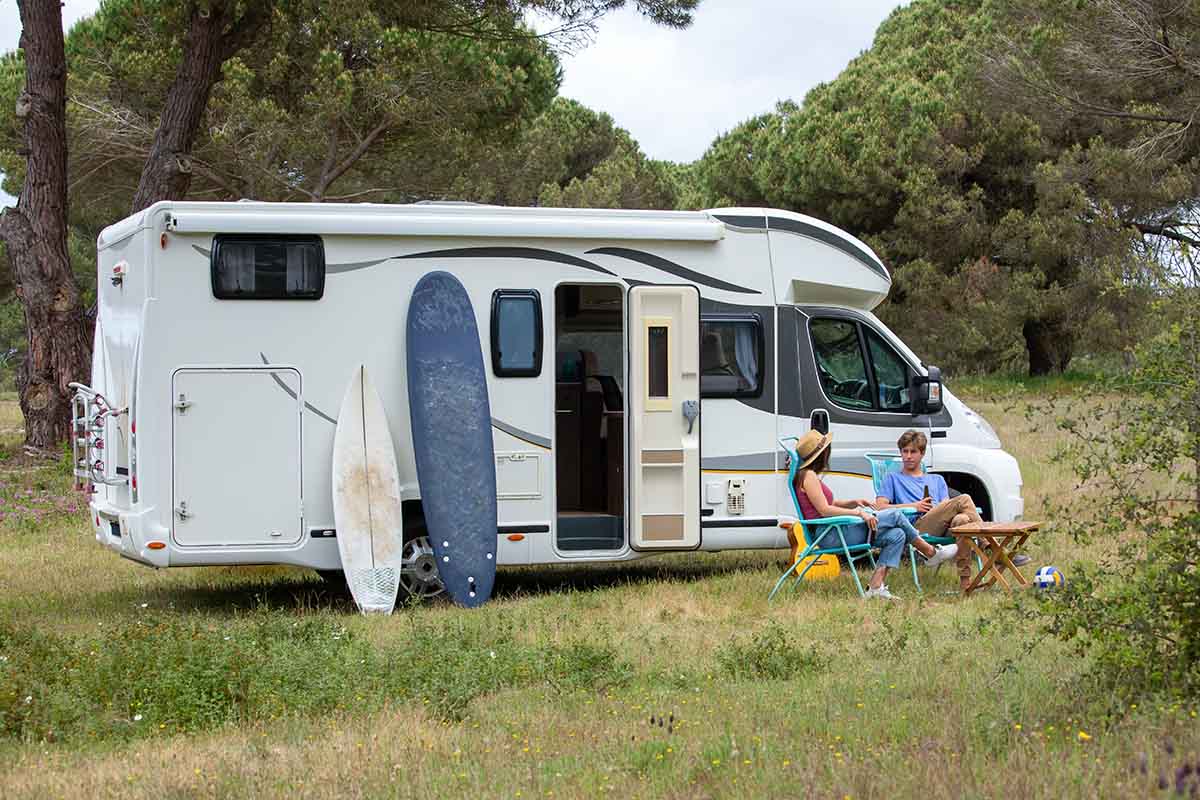
The ability to unhook your trailer from your car is a major selling point. It’s why we bought it. Why is this so important?
Preferring travel trailer than vanlife: your trailer can be uncoupled at your campsite
This is true whether you are driving to the supermarket or up a steep mountain road to get to a trailhead. It may not seem like a huge deal to be capable of driving around with your little home on wheels attached. You must put away and secure your belongings when you go to the supermarket to buy bread. My husband Justin and I usually take about 15 minutes to set up and book our belongings at a campsite before moving on.
It’s not a big deal to do this once a week when we leave a camp. But if we had the responsibility of doing it every time we went somewhere, it would be. This sounds a bit like a drag.
A campervan is also a drag vehicle. Your tiny home will be on wheels wherever you go, such as up steep mountain roads or trailheads. Many campervans are not equipped with four-wheel drive, particularly older models. This is necessary to navigate uneven terrain. However, many tow vehicles, such as trucks or SUVs, have this feature. You don’t want to carry your kitchen and bed (and your fuel efficiency) everywhere you go when you are driving around the area you are exploring. I’m not one of them!
A travel trailer is a vehicle that can be used as a home and vehicle
This means you don’t have to worry about what happens if one breaks. I’m a huge fan of vanlifers on Instagram. One thing is certain about vanlife: campervans can break down or require maintenance – a lot. What happens if your van breaks down and it is also where you sleep? If your van breaks down, and you are a full-time vanlifer, or you have to travel far to pick it up, you will need to rent a room in a hotel.
Some campervans have special parts that may not be readily available, so you might be staying in the hotel room for quite some time. A vanlifer I knew had to go through the exact same thing. She and her boyfriend had to spend WEEKS in a Seattle hotel room while their van was being repaired.
A trailer means that if your RV or vehicle breaks down, you have at least one to use for sleeping or moving around. You don’t need to be a mathematician in order to see that renting a room in a hotel or a car is cheaper than renting both.
You can have one person in your vehicle and the other in your trailer. These aren’t limited to two digital nomads. What if one of you is sleeping and the other wants to go hiking? How about if one person is looking to cook dinner while the other is running errands? This benefit was not something I thought about before Justin, and I bought our trailer. But it has been so helpful to us when we have lived and worked in our trailer.
The maintenance required for trailers is much lower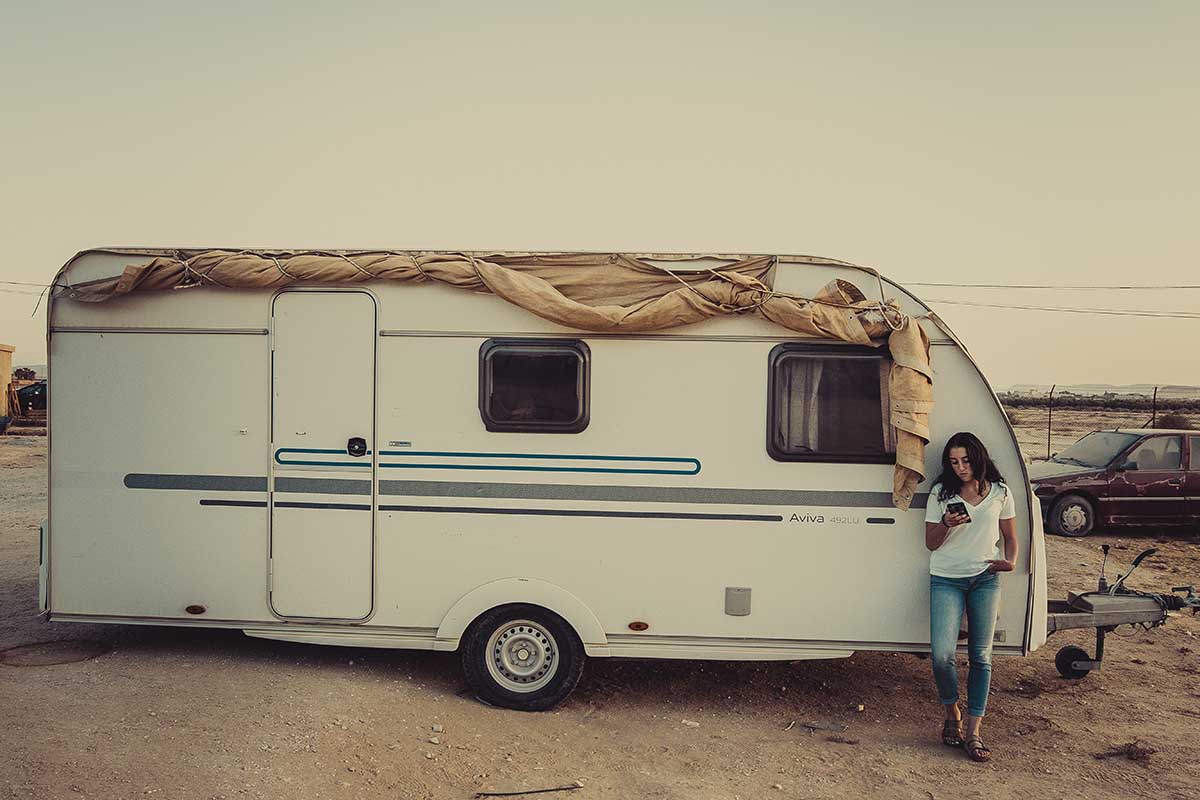
This is why campervans require less maintenance than trailers. Campervans can be damaged by many things. They are a basic van with a bed and living area, which is often driven a lot more than a regular passenger van. The only exterior parts that you need to keep a trailer in good condition are the tires and brakes. You’ll find it easier to maintain your trailer than larger cargo vans because most tow vehicles are more common.
You don’t need to spend a lot of time building a van
Trailers can be a more affordable option. A campervan is simply a van with a bed in it. I know of tons of people who have converted vans from $2,000 to $5,000, even the vans! It can take months or even years to convert a van from a basic model into one of the beautiful campervans that you see on Instagram. Think about the plumbing, electrical wiring, and insulation that must be installed.
Converting a campervan sounded like something Justin and I could do during the COVID-19 pandemic. However, with our busy professional lives, our social lives, and this blog, I knew it would take months or even years to complete our conversion. (Just ask my baseboards which remained unpainted almost a year after we purchased our house! ).
If you aren’t looking to convert a campervan but instead want one that is purpose-built, expect some sticker shock. You can buy a new or used campervan and can be as expensive as $40,000 to $80,000. The ones I wanted (a decent solar system, toilet, internal shower, bed that converts into a dining area, four-wheel drive, etc.) were a lot more than $100,000.
On the other hand, trailers are generally much more affordable, with an average price of $11,000 to $35,000. While I spent a lot on the more expensive end of the trailer spectrum, I was still able to purchase an RV and a tow vehicle for half the price of other campervans.
Your tow vehicle can be used as your daily driver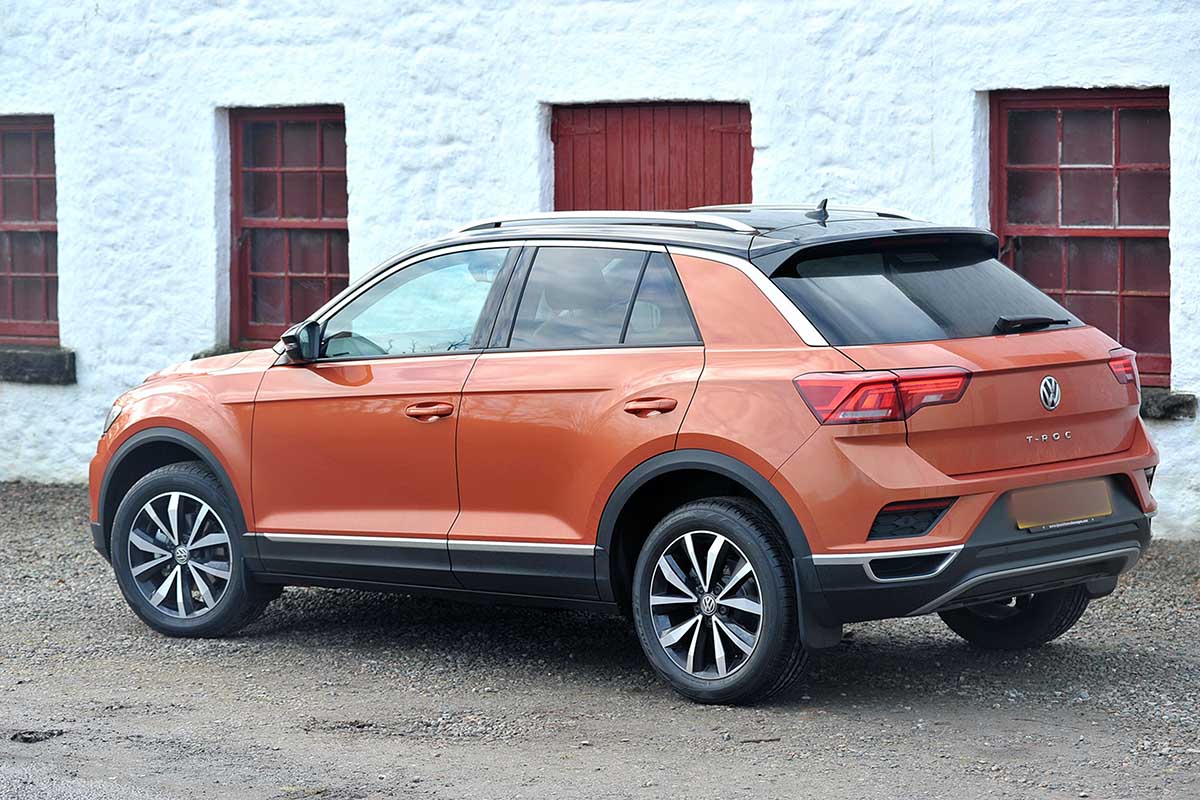
However, if you are a full-time vanlifer, you will most likely require a second vehicle. Although some may consider it a disadvantage, I find it to be positive. Most tow vehicles like trucks and SUVs are practical enough to use in everyday life, even if you’re not RVing.
A campervan will require you to have another vehicle for work or running errands. This is unless you are able to live in the van full-time or you’re willing to accept the limitations of driving around in a large van, such as poor fuel economy and difficulty maneuvering around tight spaces. You will need to have insurance for both your campervan and your daily driver.
A trailer can easily hold more than one person
It is popular for couples, single travelers, and families. Campervans are small in size. They can be as short as 24 feet and offer an average of 71 square feet of living space. They may not be suitable for campers traveling with more than two people.
I have seen campervans that can accommodate up to six people. However, these campervans are often designed to allow campers to sleep in “outside the box” sleeping arrangements. For example, campers sleeping on the ground or three people sharing a bed. There are many different sizes and models of trailers, some measuring up to 45 feet in length. It is possible to find a trailer that fits your family size, provided less than ten people.
You have more storage space in a trailer than you do in a regular vehicle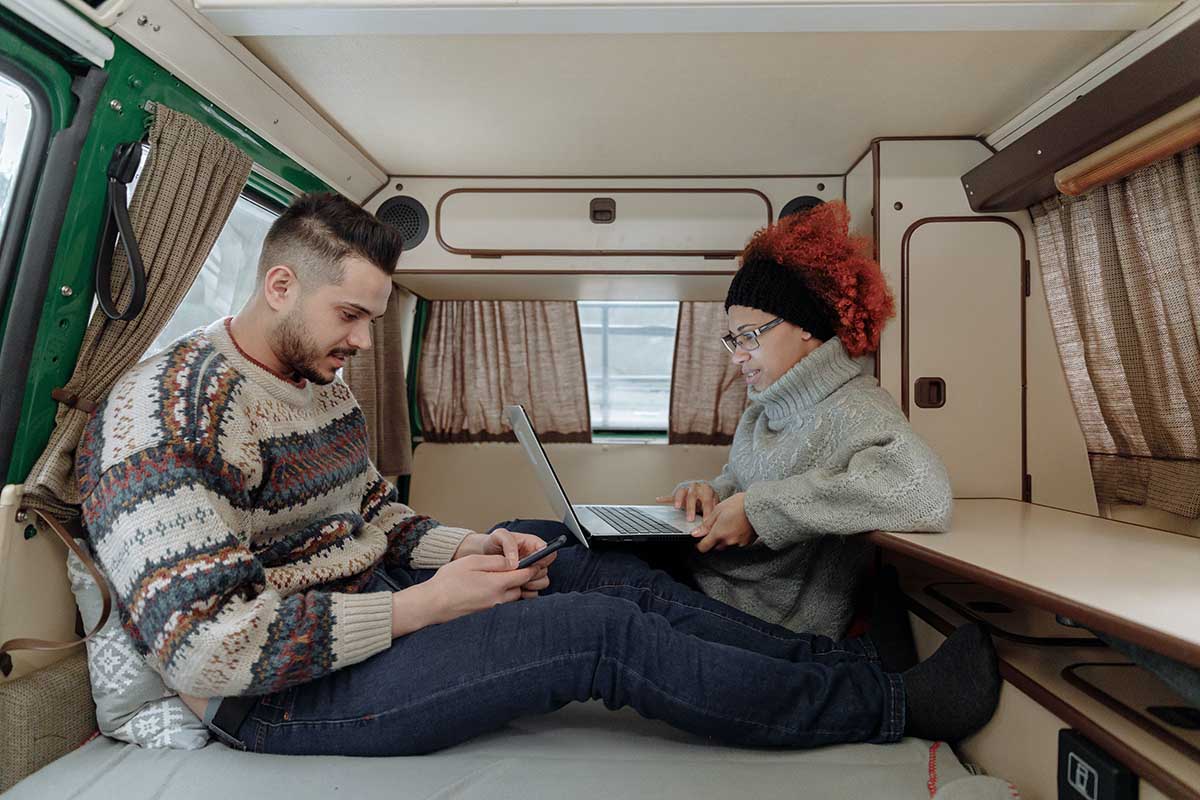
There is usually limited storage under the bed and along with the ceiling. On the other hand, most trailers have a lot of storage, usually in cabinets under the bed, seating, and in some externally accessible compartments.
My trailer is a tiny teardrop with retractable glass roofing. This means that there is very little storage inside the trailer. Your trailer’s secret weapon is your tow vehicle. Justin and I use our SUV’s trunk as a storage space whenever we go on long trips. We have a large clear storage container at the bottom where we keep any odds and ends. And two smaller clear storage containers above that we use to store our shelf-stable food. It’s hard to imagine me going on a week-long trip without having this extra space.
When I purchased my RV, I knew that I needed both a toilet & a shower. However, after looking at many campervan layouts, it was apparent that only the most extensive floor plans could accommodate these features, usually in the form of a wet bathroom.
Although many campervans have an outdoor shower, it is not always possible for all campers. This is especially true for me, a Pacific Northwest girl who will be camping in temperatures below 65 degrees most of the year. Many vanlifers opt to shower in vans by joining a gym like Planet Fitness and using the showers. The other end of this spectrum is trailers. Even the smallest ones usually have a shower solution. If you are looking for a way to stay clean and not go to the gym, you might consider trailer living.
For a campervan, getting insurance is much more complicated
It was effortless to get insurance for my trailer. I called several insurance companies and received quotes. Then, I chose the best value policy (Progressive). It can be challenging to get insurance for your campervan, especially if you are the one who built it.
Although this can be done, it is a difficult task. Most auto policies only cover the vehicle, not the labor and sweat that built it. You will need RV insurance to protect your “tiny home.” Many insurance companies will require significant documentation, such as photos of your van and information about your build, to issue a policy for your converted campervan. It’s not something that anyone likes to do.
It is much easier to level a trailer with a single axle than a campervan with a double axle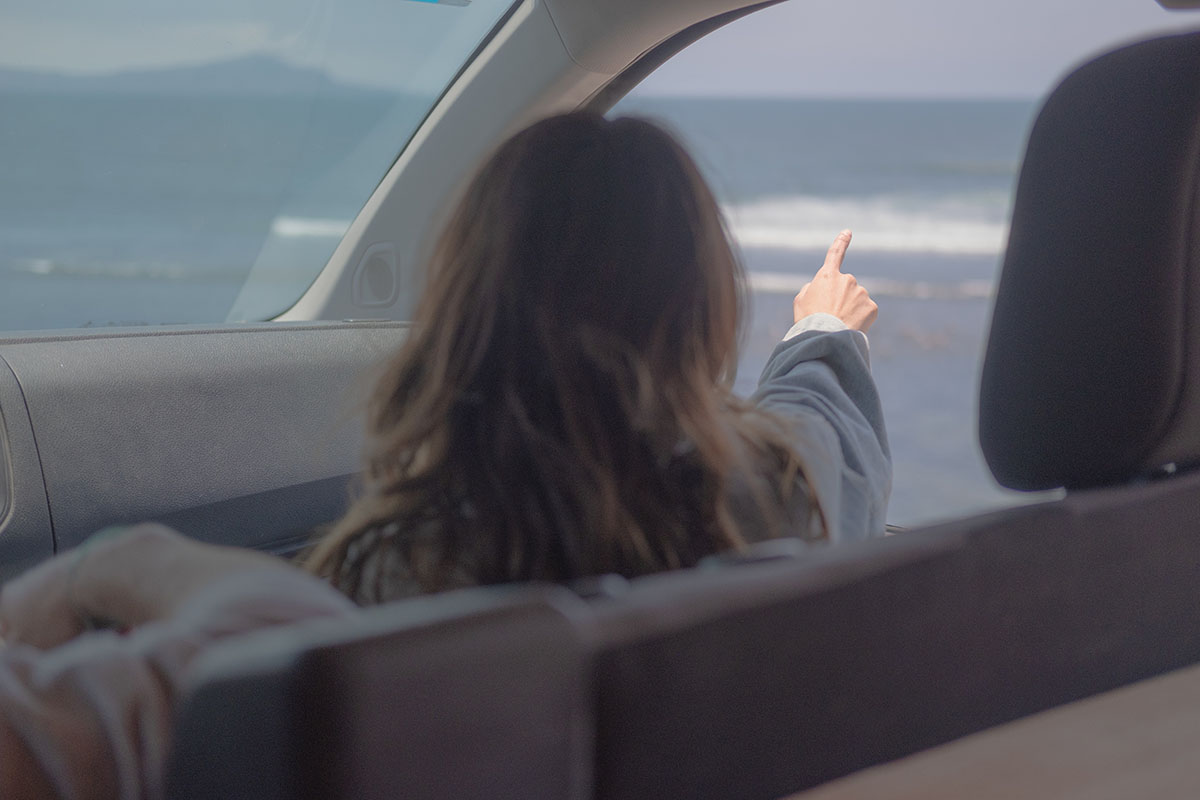
Unlevel campsites are standard when you camp. Unlevel RVs are dangerous. Not only will you be uncomfortable sleeping on a slanted mattress or trying to cook on a poorly designed stove, but also your holding tanks’ sensors may not work correctly.
You can also cause permanent damage to your fridge. You will need to lay a Level on a flat surface. Next, use Leveling Blocks to elevate one side of your RV higher than the other. Then roll your RV onto these blocks until it is level. This sounds like a lot of guesswork. You can use the three contact points on a travel trailer to level it. Trust me, when you arrive at a campsite, you don’t want to be fumbling around with another wheel to increase your leveling equation so that your fridge doesn’t break.
